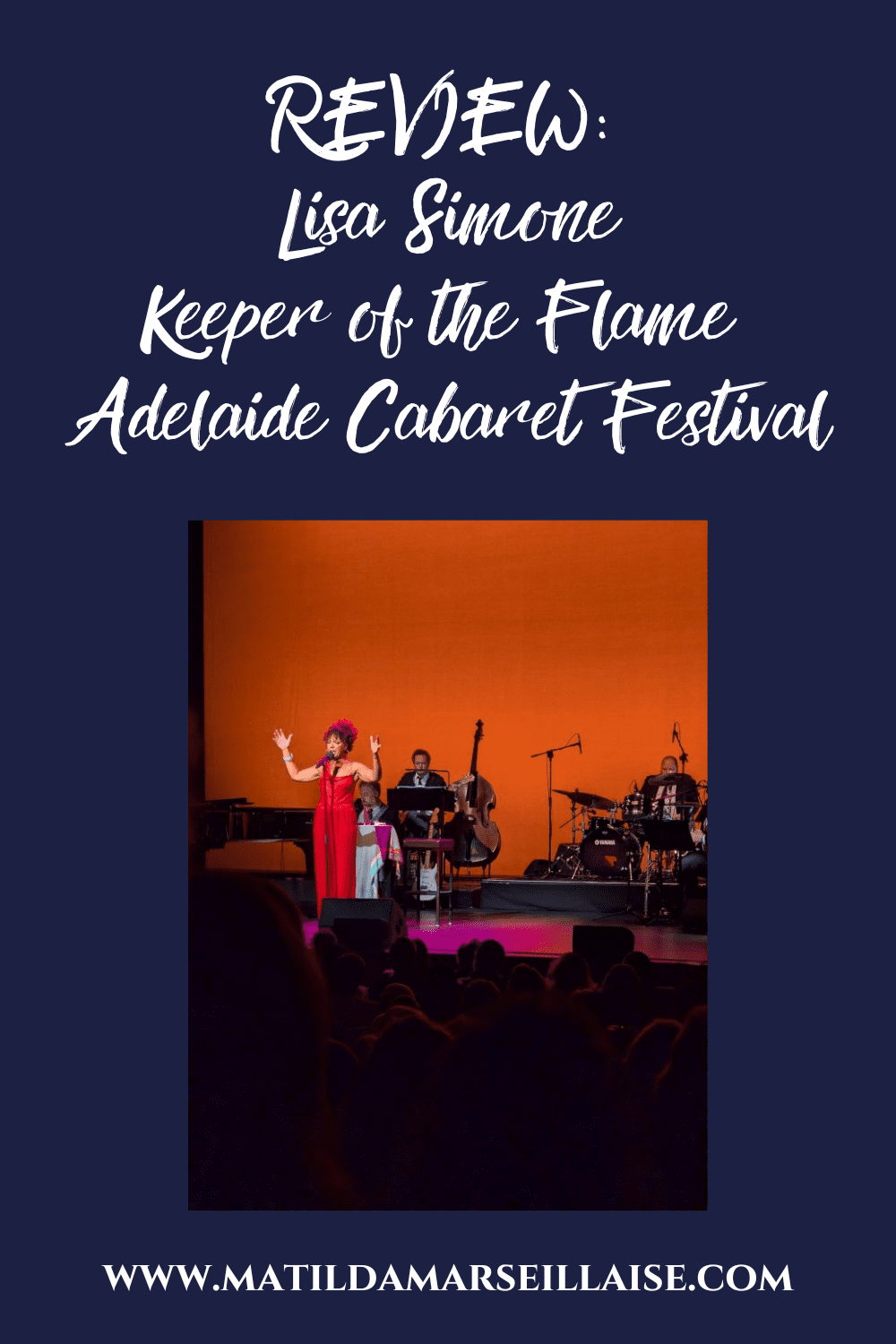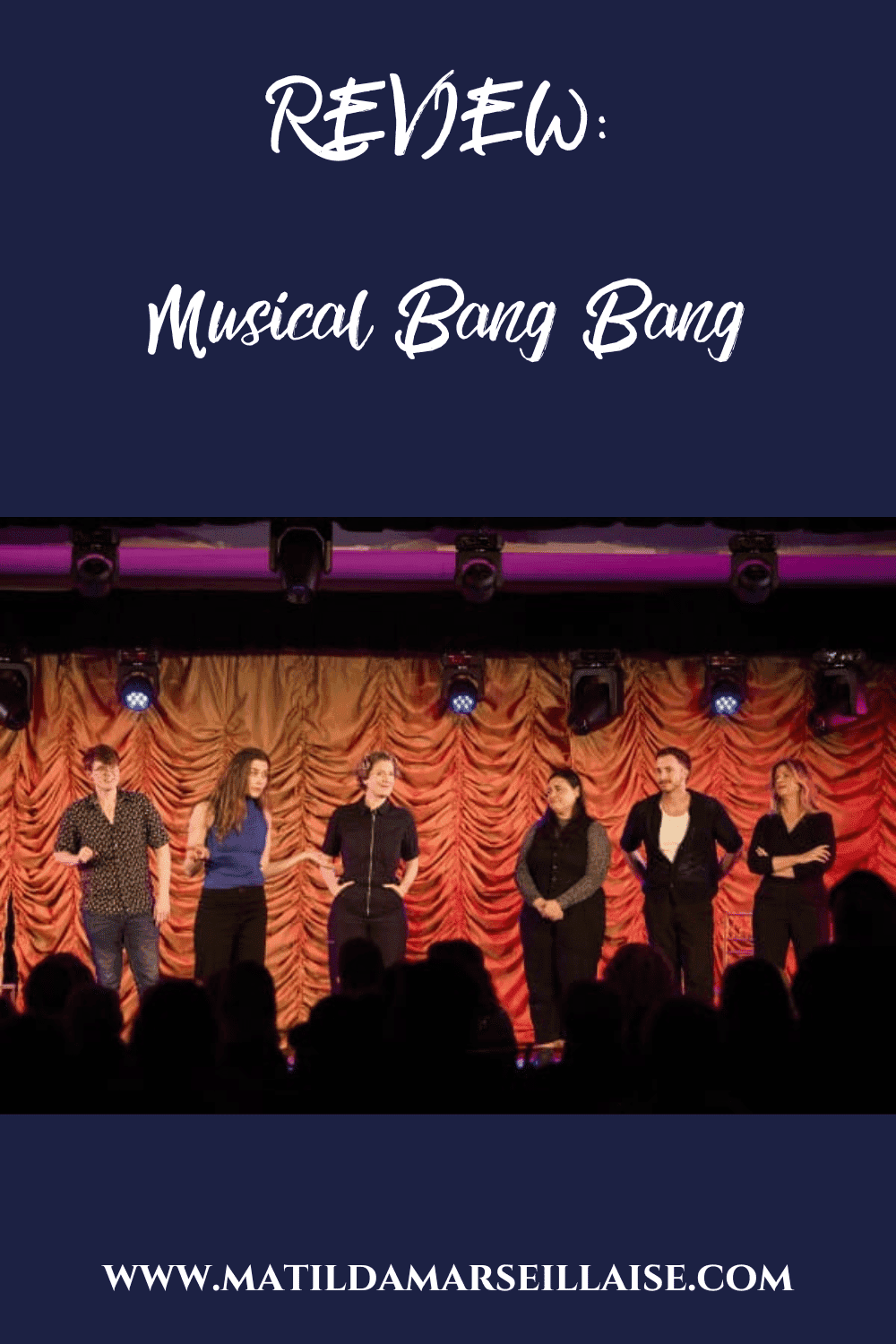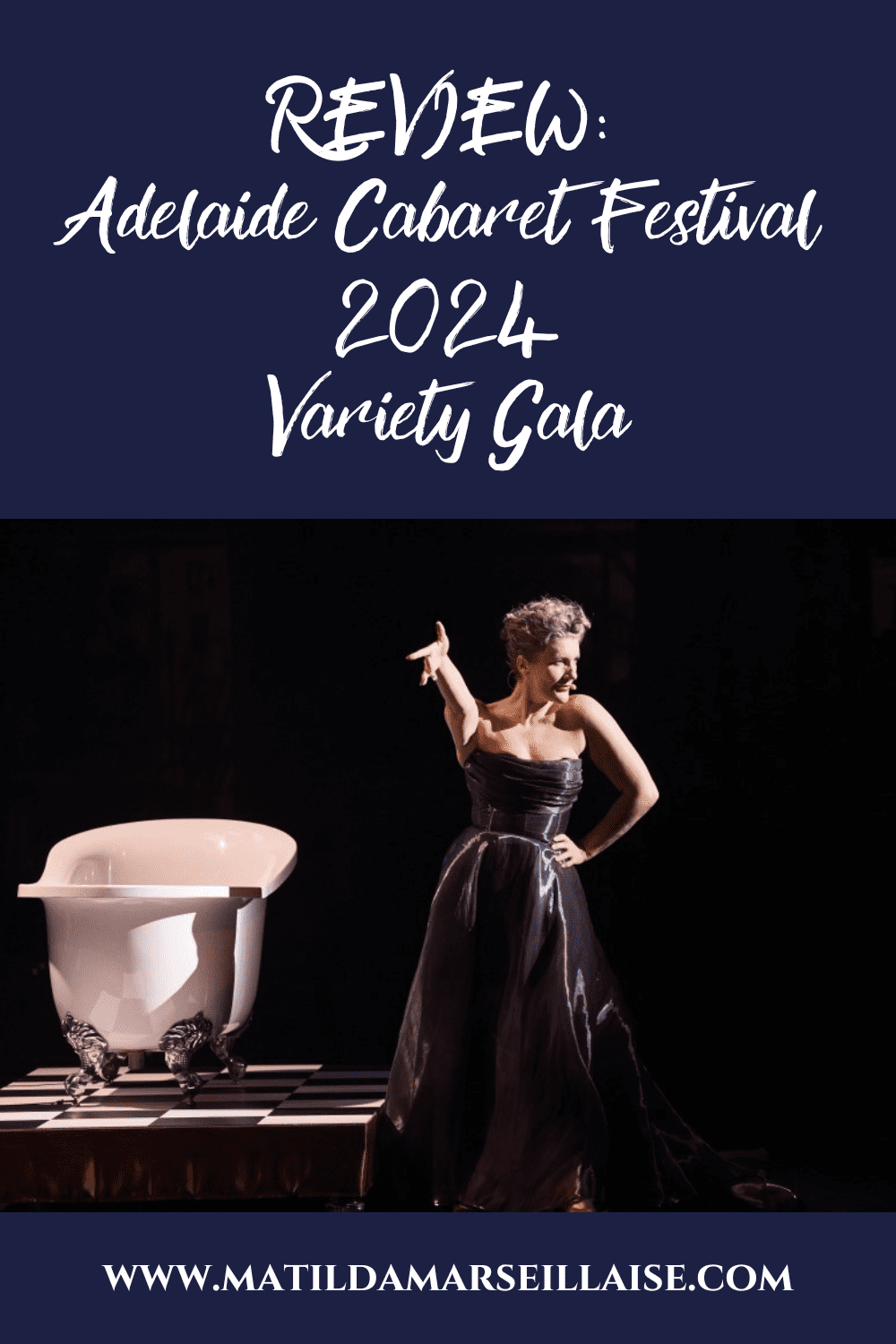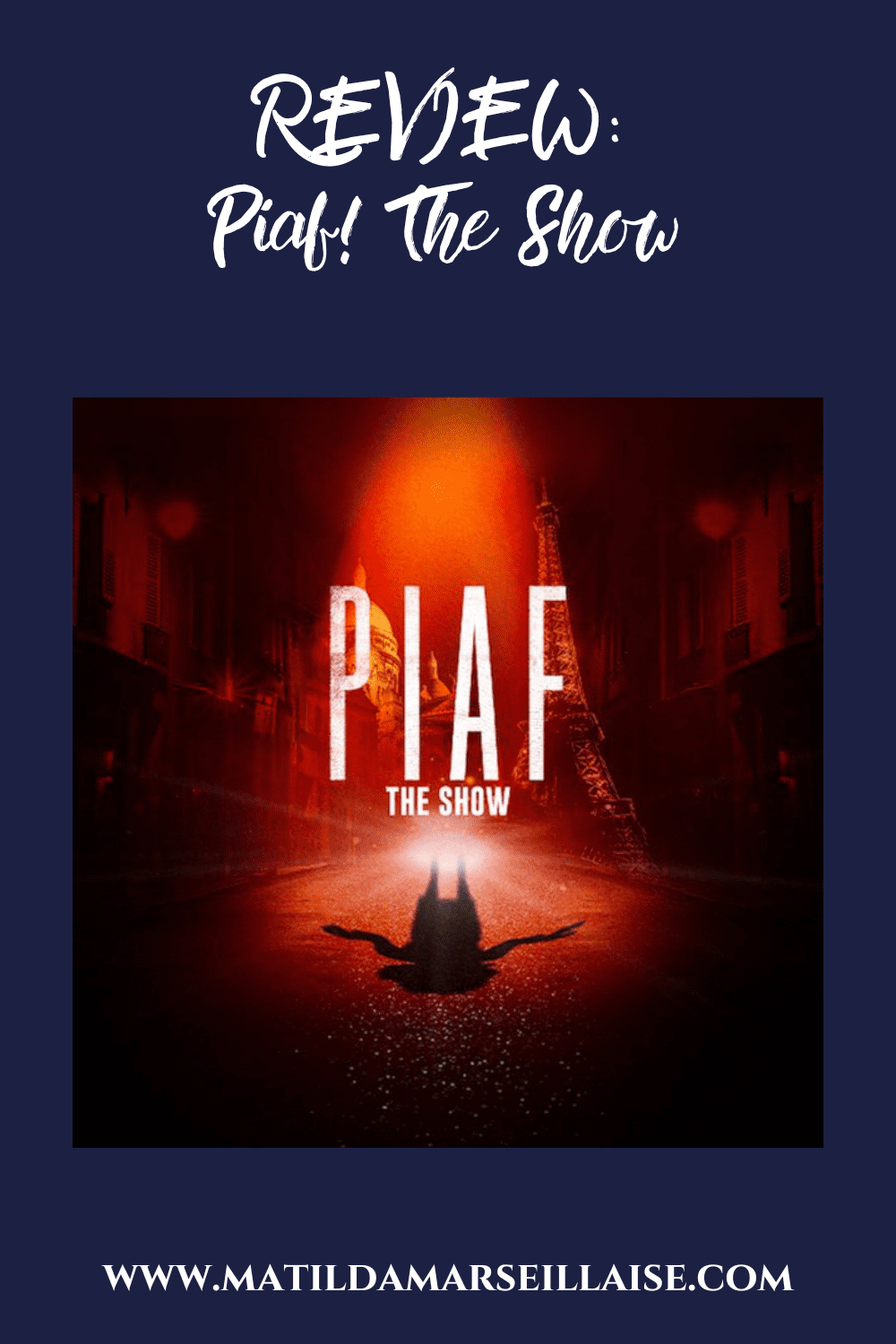Adelaide festival audiences were treated to a rare performance Edouard Louis, himself, performing Qui a tué mon père (Who killed my father) this weekend in the Dunstan Playhouse. Just as the book of the same name, from which the play was adapted, was lauded, so too should be this joint theatre production between writer and performer Édouard Louis, director Thomas Ostermeier, and the Schaubühne Berlin and Théâtre de la Ville Paris.

Incredibly, Edouard Louis is only 31 and yet he has already had an impressive 5 books published. His first, En finir avec Eddy Bellegeulle, was published in 2014 when he was just 21. His third novel, Qui a tué mon père was published in May 2018, when Edouard Louis was only 25. It has since been translated into multiple languages.
The first time Edouard Louis performed Qui a tué mon père was in New York in March 2022; it also marked his professional performing debut. Edouard Louis seems at ease in this one man show, perhaps because he’s worked so hard on it, or perhaps because they are literally his own words and story that we hear. Having re-read the novel recently, I could remember reading passages exactly as they were spoken. After all, the novel was so well-written and accessible to audiences that there was no need for Edouard Louis to rewrite those words for stage.
For those unfamiliar with the book, Qui a tué mon père recounts Edouard Louis’ memories of growing up in the small village of Hallencourt, in a working-class family with a father that Edouard both wanted to be absent – telling us of approaching the house after school and hoping his father’s car wasn’t in the driveway – and also desperately wanted to be seen by and to relate to.
His father had staunch masculine ideals, telling him that boys and men don’t cry and that wanting Titanic (in the book) or Bodyguard (as it was adapted for the Adelaide Festival stage version due to licensing issues) was for girls when that’s all he wanted for his 8th birthday. Catching his father’s eyes welling up when he was watching the opera once, Edouard says “I wanted to tell you that I cried too, a lot, often”. Edouard Louis surmises that his Dad was destined to a life of poverty because of his ideals of masculinity, which saw him eager to get out of school and not want to submit himself to any further studies and rules. Masculinity condemned his father to poverty and an absence of money.
Edouard Louis speaks of Christmas, when his Dad would spend money they couldn’t afford to. Purely to have all the foods that he imagined the better off families would have on the dining table. “The poorer we were, the more we spent on Christmas” out of a fear of not being like the others.
He speaks powerfully of his father’s stolen youth. There is the photo he finds of his Dad, which audiences get to see, perhaps in his 20s, dressed in drag as a majorette. Most tellingly, he looked happy. He’s shocked to learn that his Dad once danced, and even though his Dad tells him not to believe everything his Mum says, his Dad’s blushing cheeks betray him.

Edouard Louis realises that violence doesn’t only come about because of violence but that in the case of his family, violence saved them from violence. His father’s father was very violent and Edouard’s father said he would never lay a hand on his children. He abides by this even when violence is put upon him from within the family unit.
The show Qui a tué mon père is completely accessible even if you haven’t read the book beforehand, and perhaps by not reading it beforehand you also don’t have spoilers. That said, it was a little bittersweet hearing Aqua’s Barbie Girl start playing because I knew what scene it would lead to. This bubbly, happy song which made some in the audience laugh upon hearing it did not cause such happiness for Edouard Louis. Instead, he was plagued with guilt and a concern that he had embarrassed his father in front of his friends for performing it with other children but with him in the lead.
The set, by Stage Designer Nina Wetzel, is quite simple but very effective. In the back right hand corner is a small table and three chairs, a laptop sits on it, something that Edouard is focussed on as the audience fill the Dunstan Playhouse and in the opening scene. There is also a lamp and a jacket on one of the chairs. Front and centre of the stage is a mic stand. And front left is a leather lounge chair on a diagonal on which sits a scarf. Edouard Louis makes full use of the space throughout Qui a tué mon père, whether it be seated in front of the laptop, miming a song from behind the mic stand or sitting on a chair speaking to his father in the empty leather chair. At the back of the stage is a screen onto which bleak footage, by videographers Sébastien Dupouey and Marie Sanchez, of misty roads and various images of the grey countryside are played.

A child of the 90s, Qui a tué mon père is sprinkled with some 90s pop including Aqua’s Barbie Girl, and Whtiney Houston’s I will always love you from The Bodyguard. The 2005 song Almost Was Good Enough by Magnolia Electric Co. is played loud with the powerful and telling refrain Almost no one makes it out. Qui a tué mon père also includes at times haunting instrumental compositions from composer Sylvain Jacques, which add to the intensity or sadness of what Edouard Louis is saying.
Qui a tué mon père is a statement not a question. There is no question mark in the title. Edouard Louis’s Dad is still alive but has had his health crushed over and over. Edouard Louis blames 4 successive French governments for his father’s demise. In a powerful scene, in which he names those responsible and what part of his Dad they have killed (intestines, lungs, etc), Edouard Louis hangs pictures of those Presidents and Ministers responsible along with a representation of what part of his father they took and lets off a fire cracker – more for sound than for visual.
And we need not think that French society is any different to our very own. The former Australian Government caused many actual deaths of its own through Robodebt, and a system which doesn’t actually help people find work but instead makes them apply for jobs they are incapable of doing. The former Australian government was about to do the very same thing as President Macron with their Stage Three Tax Cuts which would have made the richest Australians pay far less tax while the poorest Australians would get nothing.
Edouard Louis’ Qui a tué mon père is powerful theatre and an indictment on toxic masculinity and political decisions which affect the worst off in society, while the rich get richer. If you ever get the chance to see this important show, we strongly recommend you do.
![]()
5 CROISSANTS
Matilda Marseillaise was a guest of Adelaide Festival.
P.S. Edouard Louis will be in conversation in Sydney next week. Details here
P.P.S. If you wish to read Edouard Louis’ Qui a tué mon père, you can purchase it via this link in English here and in French here.
MORE ADELAIDE FESTIVAL CONTENT
Barrie Kosky’s The Threepenny Opera is unapolagetically absurdist
Tilo Nest plays Mr Peachum in Barrie Kosky’s The Threepenny Opera exclusive to Adelaide Festival
French agency Sabir managed the first Create4Adelaide and the exposition opens today
Artistic Director Ruth Mackenzie CBE chats to us about Adelaide Festival 2024






